ESCP Business School explores a systems- and people-centric approach to sustainability for impactful leadership catered to the future
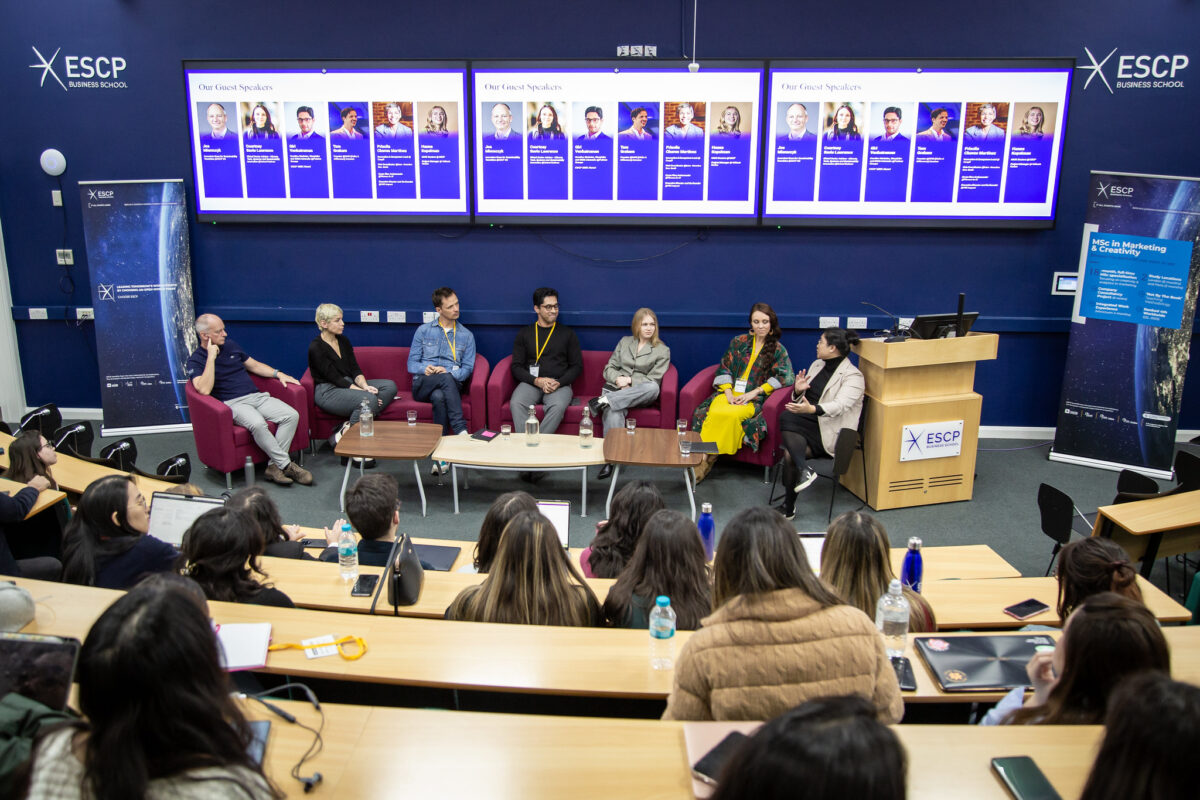
On Thursday 4th April, ESCP Business School London Campus hosted its 3rd annual Social Impact Festival, bringing together students, thought leaders and experts from across different sectors. This year, the Festival explored the intersection between social impact and environmental sustainability through immersive workshops and a panel discussion.
Organised by Vanezza Scanlon, an Affiliate Professor of Social Impact at ESCP Business School London Campus, the Festival emphasised a multi-perspective approach to sustainability that integrates ecological, environmental and social considerations for the future of leadership, outlining it as a top priority for any strategic and governance decision-making. The Festival emphasised that a fundamental shift in mindset is imperative to create a framework for a resilient business strategy, where sustainability becomes intrinsic to operations. Adopting such a paradigm would allow businesses to confront issues, instead of finding tempting short-term fixes, addressing the “why” and focusing on sustainable, long-term solutions.
Joe Miemczyk, Associate Dean for Sustainability Transition at ESCP Business School says:
“Bringing together students and professionals to work on business cases in small groups and then reflect more broadly on current challenges is a great way to bring relevance and insight to this complex topic involving business and society,”
“The Social Impact Festival does this in a very engaging way, to highlight the systemic nature of sustainability and social issues and that impact solutions require a change in mindsets at all levels of business.”
During practical workshops on systems thinking for effective social and sustainability impact, a DEI perspective in marketing for social impact, and unearthing ESG through a social impact imperative, MSc in Marketing & Creativity and Master in Management students were able to build practical, tangible skills in both implementing and critically assessing social impact initiatives within organisations.
Students were tasked with addressing and challenging how different organisations deliver DEI commitments through marketing; learning from a live, applied case study on the Circular Design Lab from Bangkok Thailand; workshopping their way towards a ready-to-use impact strategy; and developing a pitch addressing a carbon credit and community impact assessment conundrum.
Vanezza Scanlon, Affiliate Professor of Social Impact at ESCP Business School shares:
“As a lecturer, I want to instil a holistic sustainability mindset in our students and nurture their decision-making agility in this space, by blending classroom-based theoretical starting points and critical discussions with experiential learning journeys, such as the Social Impact Festival and practical group projects, students have the opportunity to engage directly with experts and organisations. This is key to prepare them to tackle real-life scenarios and collaboratively devise practical solutions for societal challenges.”
It is down to educators to ensure that future leaders develop a comprehensive approach to sustainability that integrates social sustainability factors alongside climate-related planetary challenges, where the former still has some gaps to fill. In fact, a recent Deloitte’s 2024 Global Human Capital Trends research found that, on average, there is a 30% knowledge-action gap when it comes to human and social sustainability, as well as a 47% gap between employees and executives in believing that their organisation is moving in the right direction when it comes to social sustainability.
This underscores the importance for companies to prioritise systems thinking and people-centric approaches to sustainability. A research from Boston Consulting Group also found socially-transformative businesses have scope to enhance shareholders returns for up to 5%, as CEOs, employees and investors increasingly prioritise companies that positively contribute to society. Thus, emphasising the interconnectedness of various sustainability factors and stakeholders is essential when thinking about long-term strategy, from both financial and ESG objectives standpoints.
The Festival culminated with a fireside chat panel discussion that underscored the importance for organisations to rethink their governance frameworks and decision-making processes to align with the evolving landscape of business and society.
Leading the discussion, the panel speakers included:
- Prof.Joe Miemczyk, Associate Dean of Sustainability Transition at ESCP Business School
- Giri Venkatraman, MSc in Marketing & Creativity Class of 2020 and Publicis Groupe Growth Director
- Courtney Savie Lawrence, UNDP Senior Advisor Inclusive Climate Innovation
- Tom Graham, Social Entrepreneur, MAD Courses EdTech
- Priscila Chaves Martínez, Antarctic Science Explorer, AI Ethics researcher for University of Cambridge
- Hanna Kopelman, Current MSc in Marketing & Creativity Student and Project Manager at Valtech Radon
The speakers urged that rather than falling to the temptation of hastily embracing different technological solutions for quick fixes, companies need to invest time to understand the problem in a more comprehensive way, therefore fostering the discovery of long-term, sustainable solutions. They agreed that just as embracing scenario planning becomes an essential strategy for mitigating risks, transitioning organisational focus from product corporate competences to embedding sustainability in all operations should be at the forefront of all future-oriented businesses. Moreover, active listening and engagement with all stakeholders will act as a catalyst for driving meaningful change.
Hanna Kopelman, current MSc in Marketing & Creativity student shares:
“The Social Impact Festival was a great opportunity to hear from practitioners in various fields share their views and examples of how social and environmental sustainability fit together,”
“Being part of the panel was also a great opportunity for me personally, allowing me to share my perspective as a student and connect with experts on the topic of social impact.”

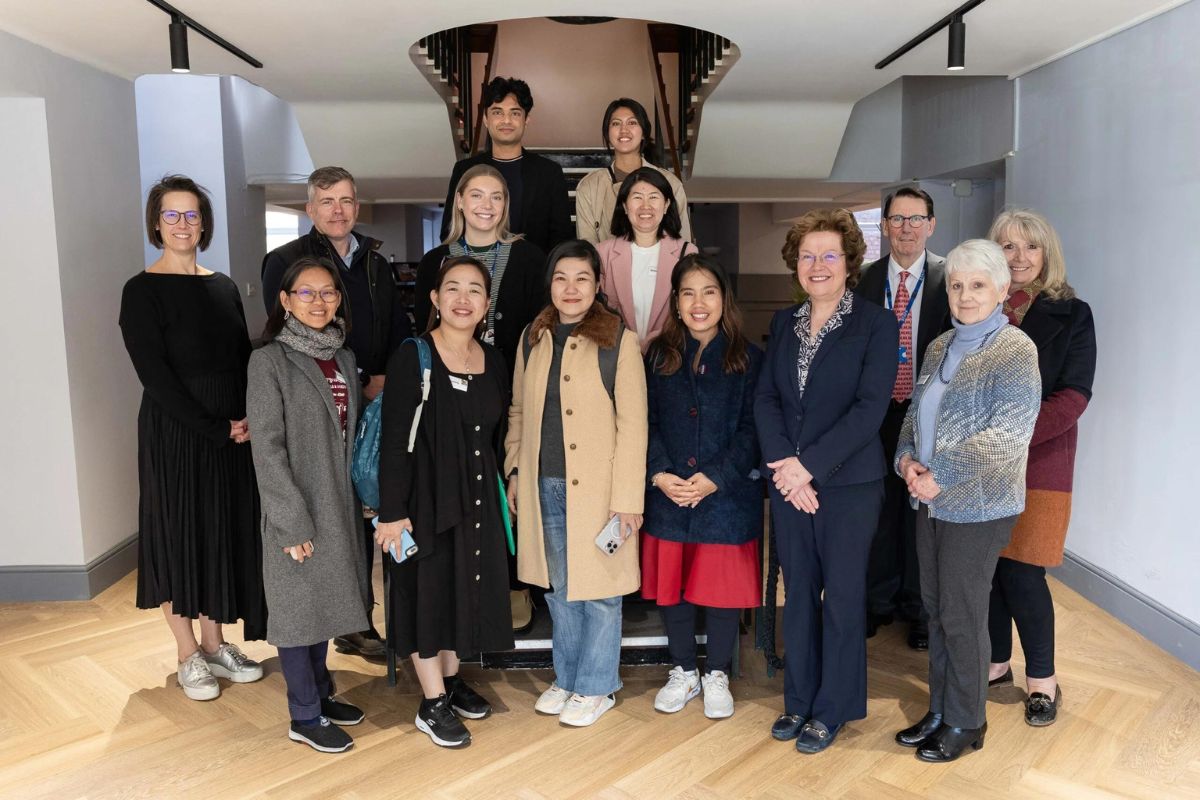
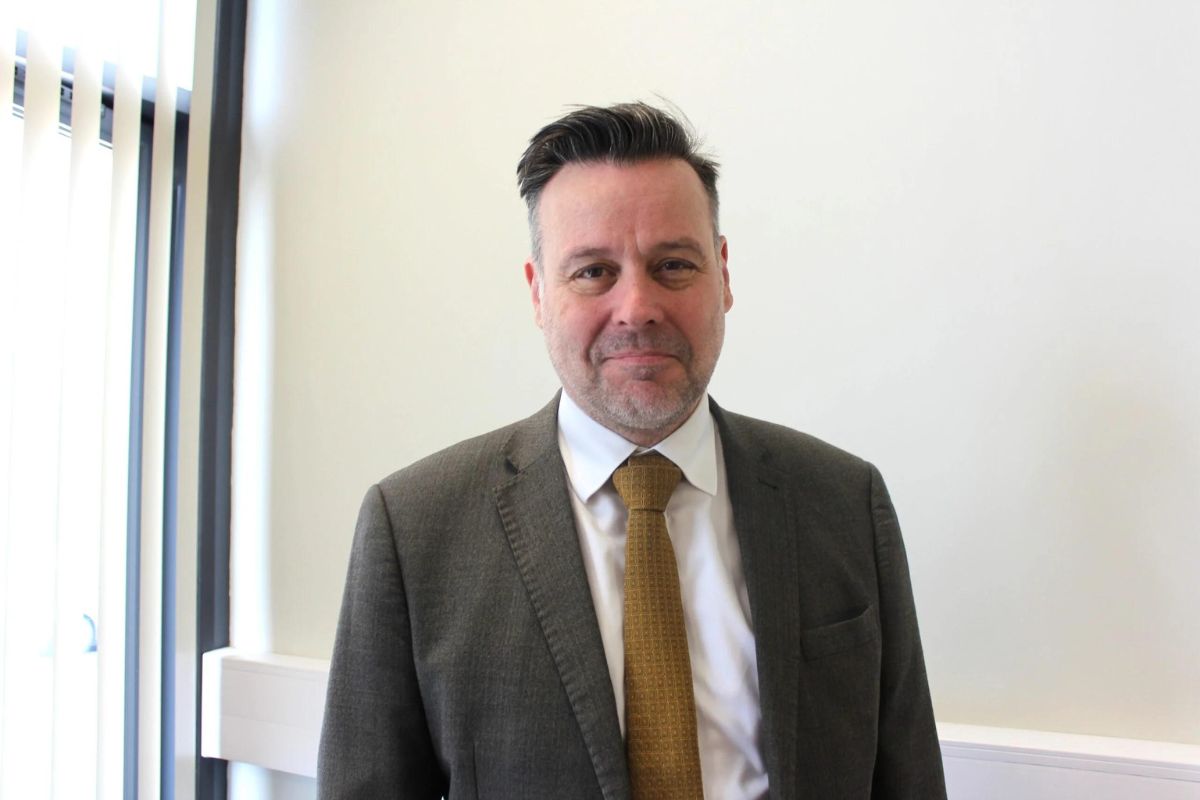
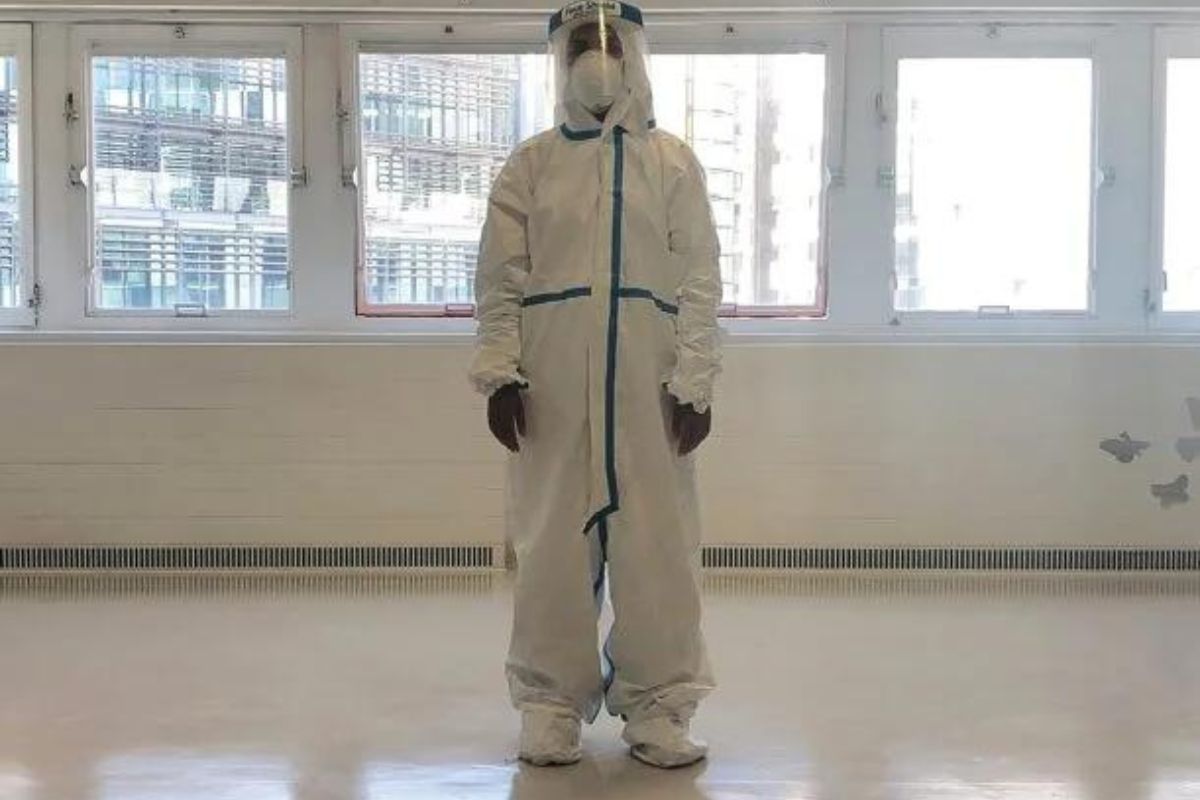
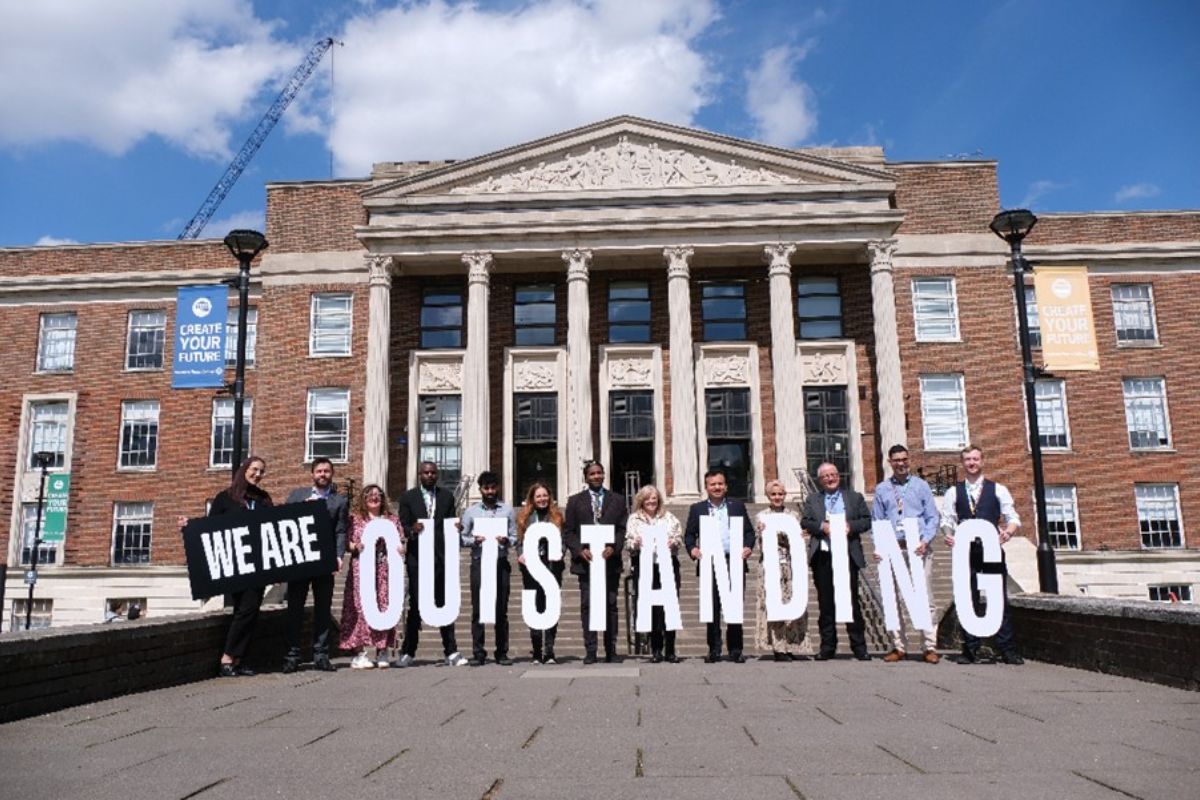
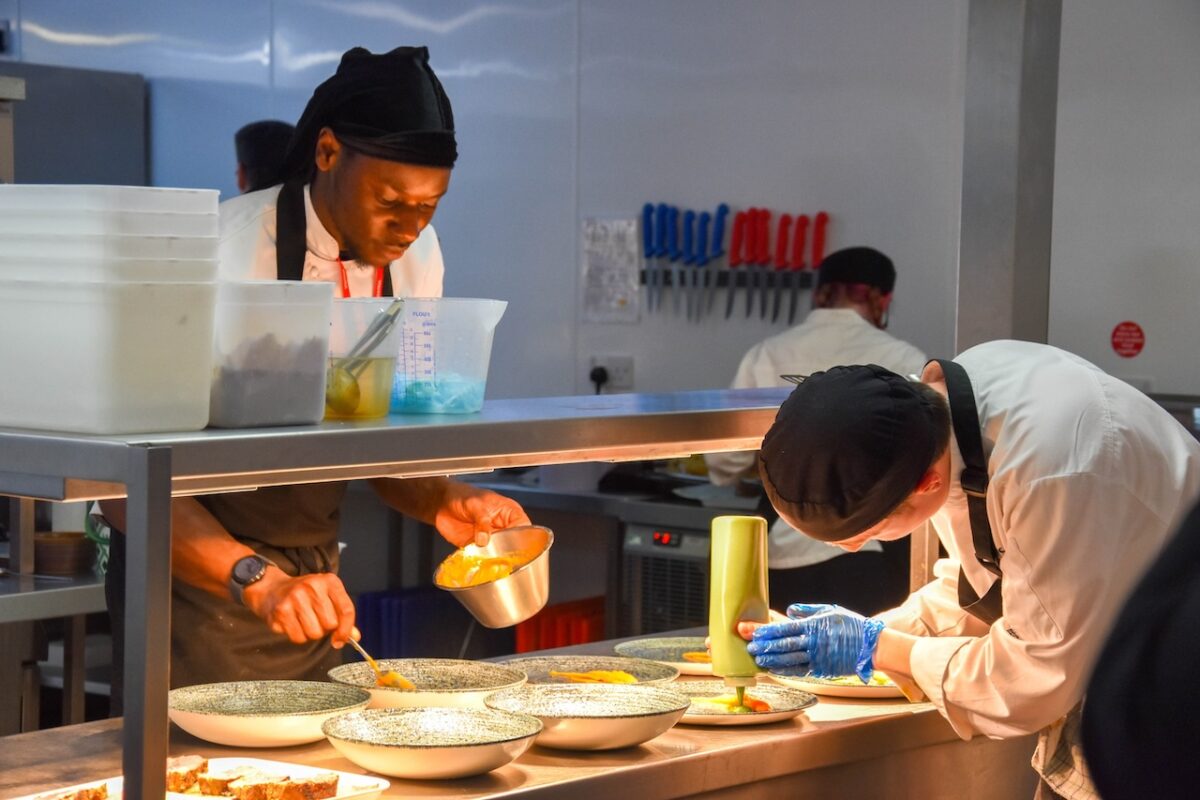
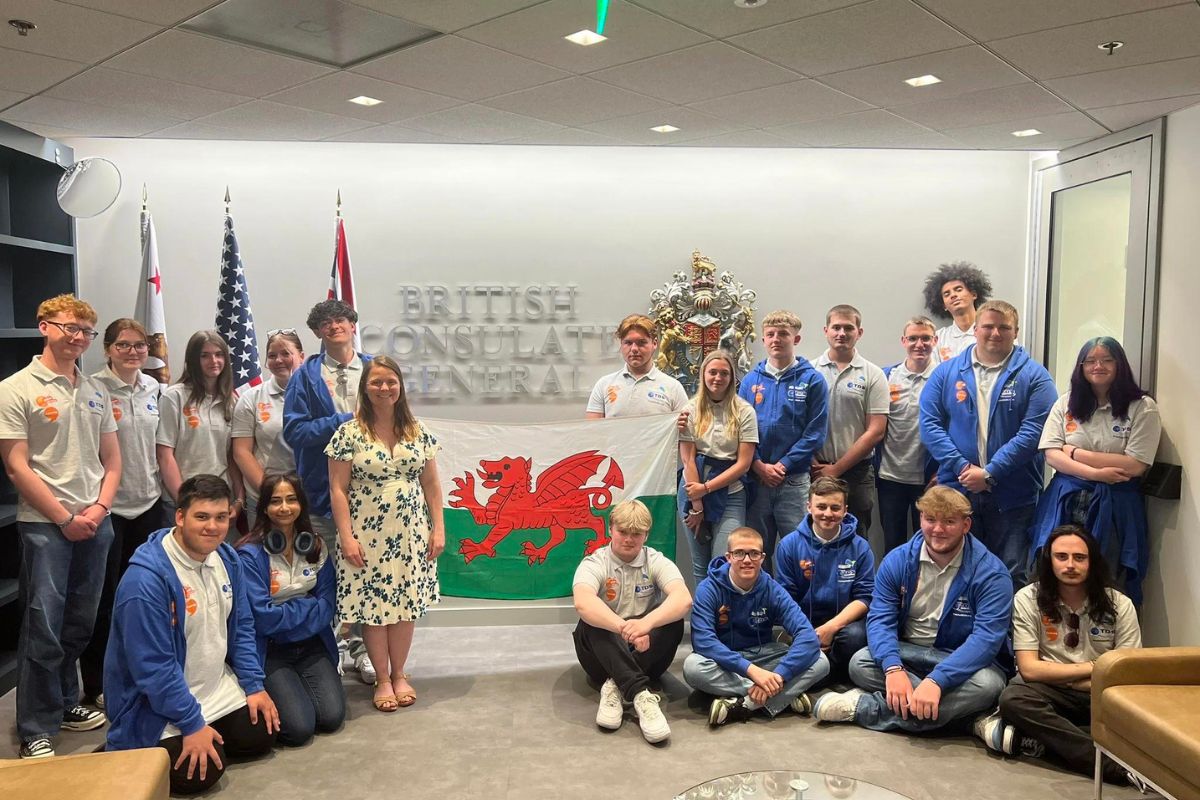
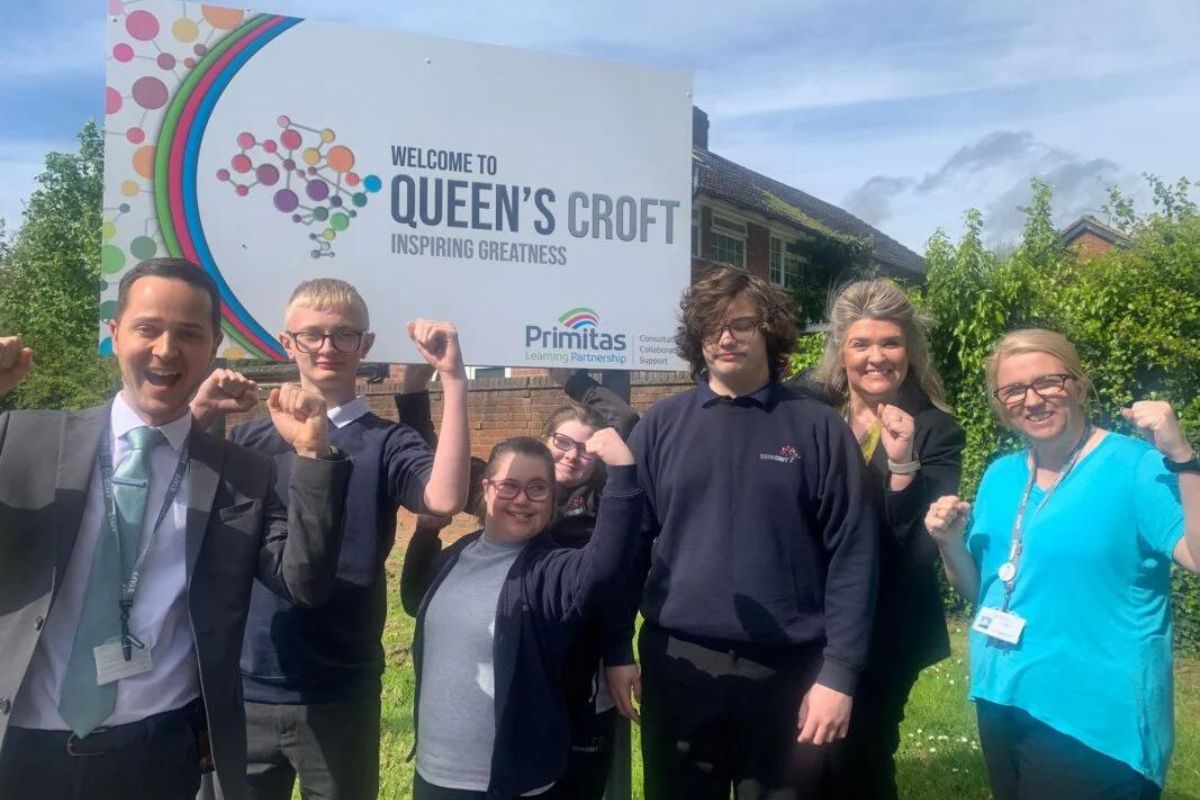
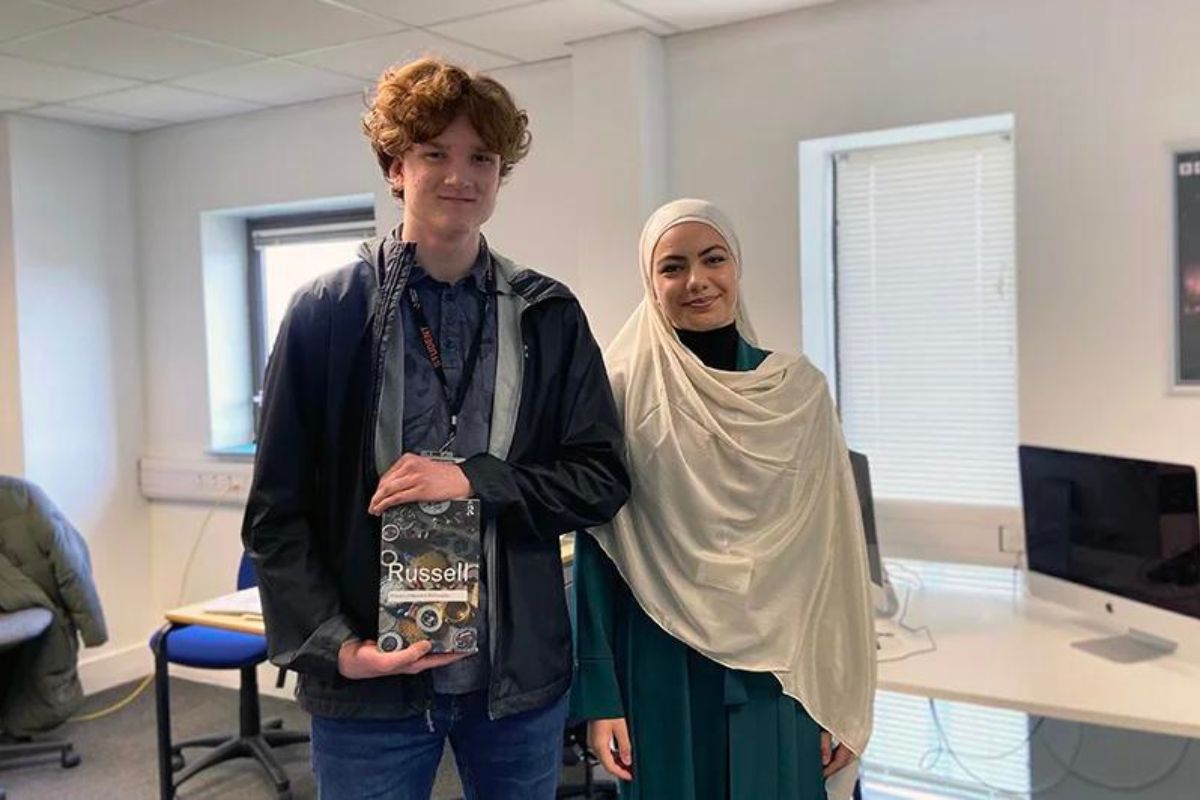

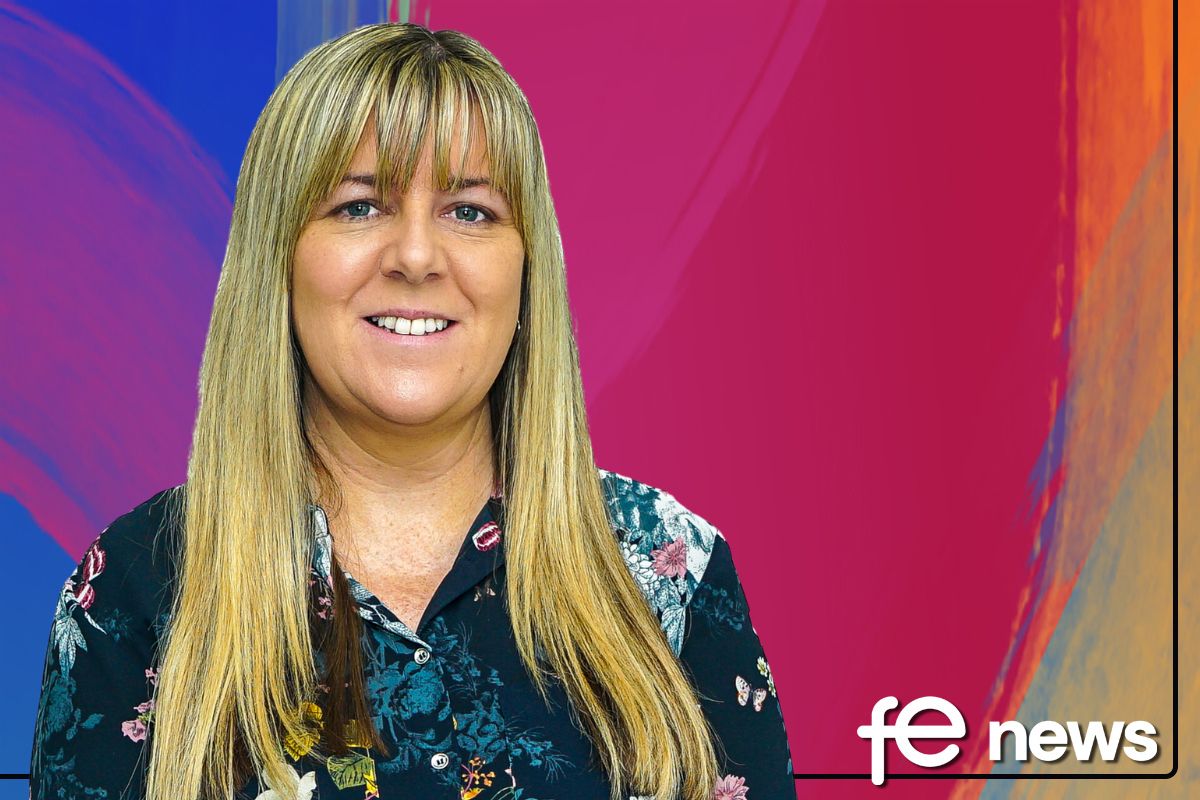
Responses